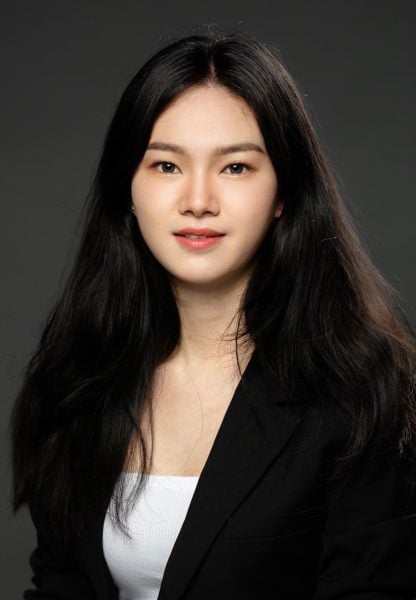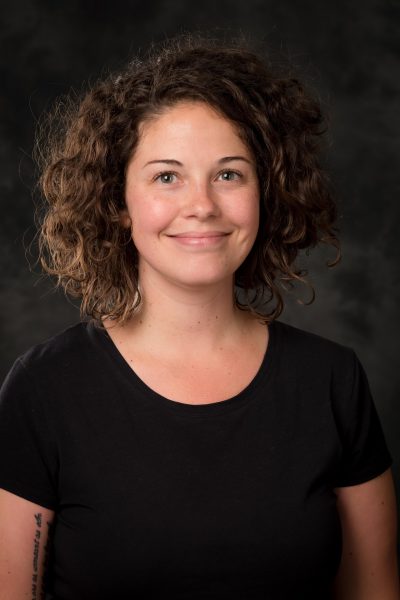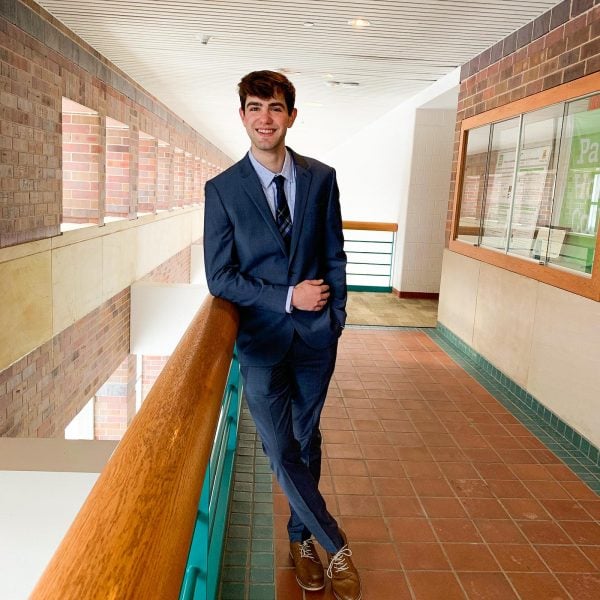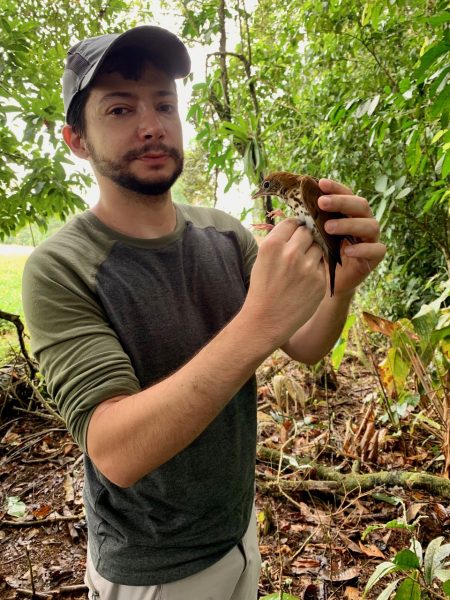I started my Ph.D. program in the Physics Department at Michigan Tech in the fall of 2017 and joined Dr. Nakamura’s group. There I focused on studying lithium dendrite growth in electrolytes using Monte Carlo simulations and deep neural networks in machine learning methods. Motivated by our collaborator’s experiment, I discovered a new mechanism for inhibiting the dendrite growth with large organic salts, such as ionic liquids. Through my research and coursework experiences, I have solidified my confidence in various physics subjects. These include soft-matter physics, solid-state physics, computational physics, physical chemistry, and computer science. As I approach the end of my Ph.D. program, I am currently addressing the challenge of overcoming the vast computational expense of molecular dynamics simulations for salt-free and salt-doped liquids. In order to address this, I am further developing my deep neural network models.
I have enjoyed my Ph.D. life; Houghton has the most beautiful summers I have ever seen. I greatly appreciate the Graduate Dean Awards Advisory Panel and the Dean for granting me the Finishing Fellowship. I would also like to thank my supervisor, Dr. Issei Nakamura, for his enlightening guidance throughout my research, as well as the Physics Department for all their support.







